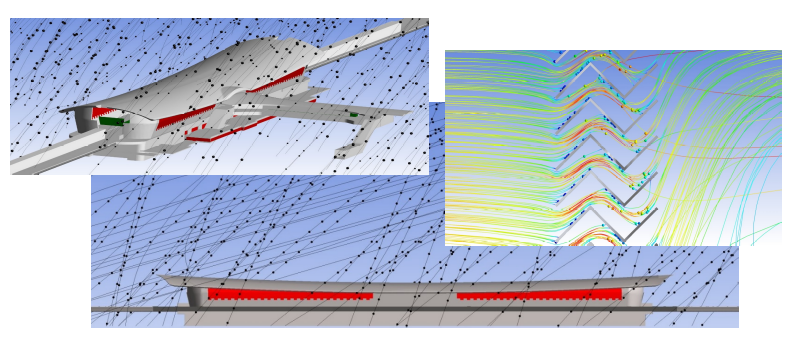Everything You Need To Know About Farm Buildings
January 20, 2023 - Reading time: 3 minutes
Warehouses, constructions, storage facilities, etc. come in various sizes and shapes. They are the foundation of modern agriculture and livestock, with uses ranging from protecting heavy equipment to storing livestock to storing crops. In such a competitive and demanding market, people need affordable steel farm buildings that stand the test of time and can be designed to meet various needs. The many advantages of steel structures meet all these requirements very well.
What Is an Unconfined Vapor Cloud Explosion and how to mitigate It?
January 6, 2023 - Reading time: 6 minutes
Unconfined vapor cloud explosions (UCVEs) can pose a severe threat to personnel operating in hazardous environments, resulting in costly damages and casualties if left unchecked. As such, it is of utmost importance for personnel working within these industries to be aware of the basics of UCVEs - what they are, how they occur, and most importantly, how the personnel can protect themselves from UCVEs. This blog post will look into what constitutes an UCVE and several preventative measures that may help mitigate its devastating effects.
WebRTC Signaling Server - What Is It?
December 26, 2022 - Reading time: 5 minutes
From a client perspective, online video communication is insanely simple today. You do not even need to install anything on your computer to call another person via the Internet. Modern video API solutions often require an Internet connection only to work, which is truly convenient. However, some work must be done behind the scenes to offer software users such an opportunity. Thanks to WebRTC signaling servers, people can engage in peer-to-peer communication right in the browser using video, audio, and data sharing. Whenever you are using a web interface to communicate with someone in real time, this connection happens via WebRTC signaling servers.
What is Process Engineering Design?
December 12, 2022 - Reading time: 4 minutes
The chemical manufacturing processes have involved from modest to complex production of chemicals converting raw materials such as fossil fuels, water, minerals, metals, and others to become thousands of products central to our everyday modern living. Chemical and process engineering deals with the development, design, operation, and management of converting these raw materials safely and cost- effectively. It is founded on the principles of chemistry, physics, and mathematics. The laws of physical chemistry and physics govern the practicability and efficiency of chemical engineering operations, whilst mathematics aids the essential tool in optimization and modelling.
How 3D Medical Animation Impacts the Medical Industry
December 4, 2022 - Reading time: 5 minutes
 The human body is complex in its form and functions. This sometimes makes it difficult to convey information relating to our health.
The human body is complex in its form and functions. This sometimes makes it difficult to convey information relating to our health.
However, with modern technology, virtual reality has come to stay as a core part of every industry, medicine included. More medical professionals realize the benefits of employing 3D medical animation in areas of research, marketing, education, and patient communication.

Application of CFD in Built Environment
November 10, 2022 - Reading time: 4 minutes
What is Computational Fluid Dynamics?
Computational fluid dynamics (CFD) is the science of predicting fluid flow, heat transfer, mass transfer, chemical reactions and related phenomena by solving the mathematical equations which govern these processes using a numerical process. Today, the real-world applications of CFD can be found in the built environment, chemical & petrochemical, defense & security, food & beverage, manufacturing, marine & offshore, mining & mineral processing, oil & gas, pharmaceutical, renewable energy, semiconductor and water & wastewater industries.
Data visualization: the most effective way to convey information
October 5, 2022 - Reading time: 4 minutes

Image: Vital Shpakouski
News, facts, figures: modern man is overloaded with information flow. The idea of this has long turned into a cliché but has not lost its relevance. This is why data visualization is needed. It captures attention, makes it easier to understand, and communicates to the audience what you want to convey in the shortest possible time.
Let's figure out what it is, what are the basic principles and why it is needed at all.